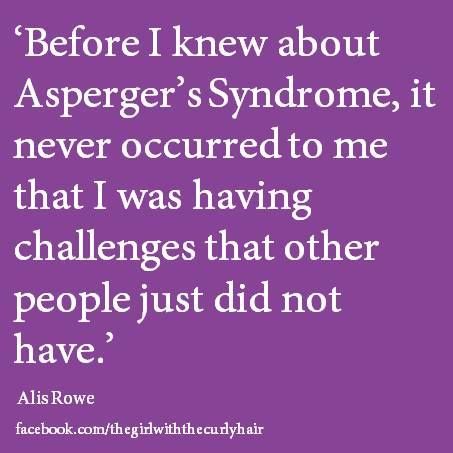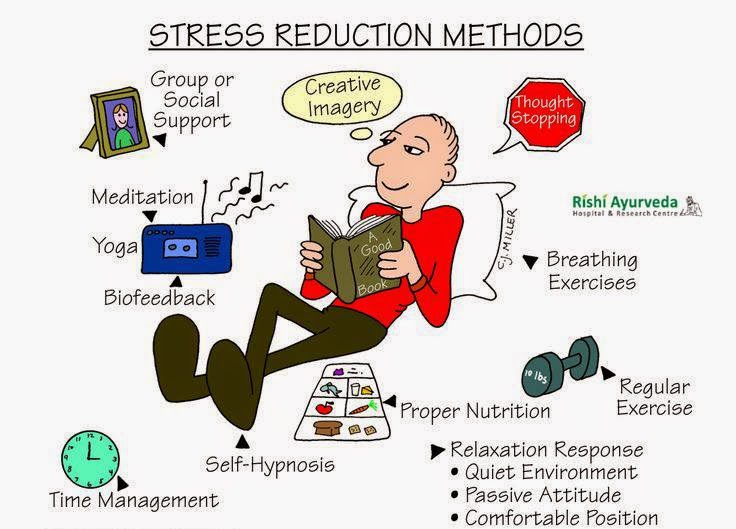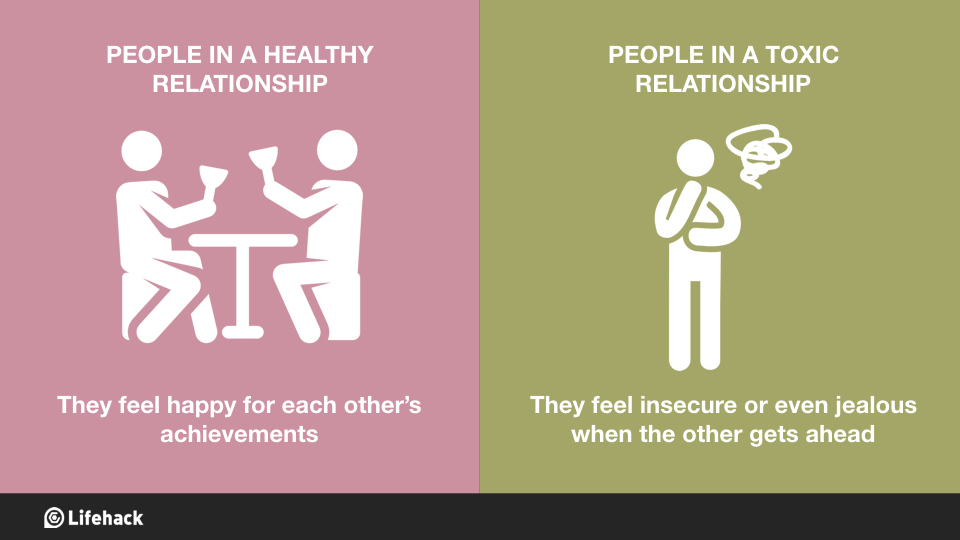Admit yourself to mental hospital
What I Wish I Knew
Bipolar DisorderLiving with Bipolar Disorder
Would you put yourself on voluntary psychiatric hold? One woman shares her story of inpatient psychiatric hospitalization and what she wishes she knew before she was admitted.
Katie Dale
How to Admit Yourself Into A Mental Hospital
The first time I was admitted to the psych ward, I was 16. I was still a minor, so I had the benefit of boarding with the youth in the juvenile behavioral unit in the local hospital. I wasn’t prepared in the least for what I would see and encounter, nor was my mind in a state to readily accept this place.
Leading up to admission, I had the tell-tale behaviors of mania and depression. But at first, my family and I didn’t recognize these moods as symptoms of bipolar disorder.
While I waited for what seemed like hours in a hospital gown on a cold metal table in an ER admissions room by myself, Mom and Dad signed papers and consulted with the administration to see what could be done for my extraordinary outbursts and melancholy “suicidal” ideations—which, by the way, were not actually suicidal ideations or intentions.
I simply had a sense of my life being cut short—a symptom of manic paranoia—which the hospital interpreted as a threat of harm to myself or others. Another check on the list of criteria for admission.
How Long Is An Inpatient Stay?
An inpatient stay made sense for me. My behavior wasn't making sense and my parents were afraid to leave me alone.
I had been seeing a psychiatrist but she was hesitant to diagnose me at such a young age for reasons of liability and caution, I think. She had met with us a few times prior, but because I now needed around-the-clock monitoring, she advised my parents to take me to the local hospital.
I was scared and confused. I didn't realize where they were taking me—my symptoms were that bad. I had no concept of what a psych ward was and no clue that extended stays were possible. They told me I'd probably spend a long weekend there. It turned out to be three weeks.
The length of stay depends on your needs and can range from a few days to a few weeks and more. The amount of time you spend in an inpatient facility depends on your doctor's recommendation.
The amount of time you spend in an inpatient facility depends on your doctor's recommendation.
My stay was rough because of the illness, but good for me.
I don’t have regrets about the choices I made, or my willingness to go there, to begin with. It was the best place for me to be at that time, with the best help possible. Someone had to figure out what was wrong with me, as I clearly couldn’t. Bipolar disorder sort of snuck up on me at the height of my teenage years and hijacked my mind.
Bipolar Disorder: Finally A Diagnosis
The diagnosis took a while. In fact, I wasn't diagnosed with bipolar disorder until I was released from the psychiatric hospital after my three-week stay. The diagnosis came during consultations while I was being treated in an outpatient program.
The first time I heard the term “bipolar disorder” was the previous year, but I knew it was manifesting in me after speaking to my psychiatrist at the hospital when my symptoms emerged.
Finally being diagnosed was a relief. I think I knew all along that something wasn't right. I could sense I was sick before receiving the official diagnosis but I hadn't been educated yet about mental illness. It felt good to know there was a reason my brain was malfunctioning and it wasn't my fault.
I think I knew all along that something wasn't right. I could sense I was sick before receiving the official diagnosis but I hadn't been educated yet about mental illness. It felt good to know there was a reason my brain was malfunctioning and it wasn't my fault.
What I Wish I Knew Before I Admitted Myself
I've had two inpatient psychiatric hospitalizations in my life—the first when I was 16 and in the juvenile ward. The second, when I was 24 and admitted to the adult ward. I've gleaned some wisdom that may be helpful if you are readying yourself to enter a behavioral unit:
Bring your best advocate with you. It may be your spouse, parent, close friend, or relative—someone who knows you and is familiar with your situation.
Breathe. Recognize that the staff wants to help you, not hurt you.
Be patient. It's a process—there are steps to go through and paperwork to be completed
Once inside, advocate for yourself. The doctor will see you.
 Be honest with him.
Be honest with him.Your picture will be taken, and no, they are not stealing your soul.
You will be in a secured unit, locked in. At times they let you out of the unit for visits or short excursions.
Do your best to cooperate with staff and your fellow patients. It may be a while before you are discharged, so bear in mind you are there to get better. Plus, you'll earn extra "points" for being polite and pleasant.
Read your patient rights and understand them.
Your personal belongings will be inventoried, so they will take out shoestrings, belts, hoodies, nail clippers, razors, and anything else deemed potentially dangerous.
Don't mind the eccentric behaviors of the other patients, they're fighting a similar battle.
Accept that the insides of the building may not be the most aesthetically pleasing. (That said, don't concentrate on abstract paintings if they have them. Abstract art is a bad idea for psychotic symptoms).
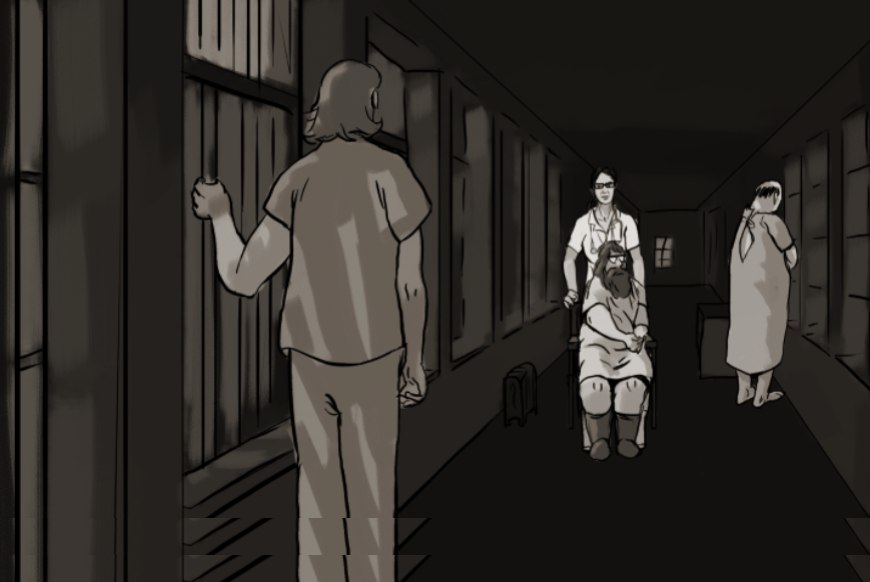
If you are in a state of psychosis, the TV may sound as if it's calling your name. It's not, but if the AV stimulation is too much, try to leave the room or focus on a different activity.
Be mindful of the opposite sex (or the same sex if you're so inclined). Establish personal boundaries and adhere to them; the psych ward is not a place to start a romance.
Listen to the staff and don't give them a hard time.
Be friendly and polite. Remember, there are human beings here with feelings.
Seek out a friend and get to know some people.
Read.
Give yourself time and space. You are on a journey to getting better and that takes time and space.
Take a photograph in your mind's eye. Journal about it. Capture the chaotic and colorful journey. Write about it. Express yourself. Get to know who you are at this time.
Be kind, regardless. Don't expect people to respect you because a.
 ) everyone's imperfect and b.) they can't respect others if they don't respect themselves.
) everyone's imperfect and b.) they can't respect others if they don't respect themselves.Challenge your mind and do a puzzle, but don't read into it—it's just a brain exercise.
Take advantage of physical activity when there's recreation time. Your body needs a physical outlet to help process the stress your mind is going through.
The admission and experience of staying in the psych ward was quite an adventure. I offer these pointers because knowing what I know now back then would have helped me get through the experience with less angst. While it was at times an unfamiliar and uncomfortable place to be, it was also the best place for me and worth it for my mental health.
Notes: This article was originally published July 15, 2021 and most recently updated July 26, 2021.
Katie Dale
Katie Dale is a 30-year old writer and blogger living with bipolar disorder. After having her first bipolar episode at 16, the experience of entering the juvenile unit of a psychiatric hospital in a wheelchair wrapped head-to-toe in a thin blanket is seared into her memory. Katie has recounted her story in a soon-to-be-released memoir. For more information on the book and other tips on dealing with bipolar disorder in yourself or loved ones, visit Katie's blog, BipolarBrave.com.
Katie has recounted her story in a soon-to-be-released memoir. For more information on the book and other tips on dealing with bipolar disorder in yourself or loved ones, visit Katie's blog, BipolarBrave.com.
What I Wish I Knew
Bipolar DisorderLiving with Bipolar Disorder
Would you put yourself on voluntary psychiatric hold? One woman shares her story of inpatient psychiatric hospitalization and what she wishes she knew before she was admitted.
Katie Dale
How to Admit Yourself Into A Mental Hospital
The first time I was admitted to the psych ward, I was 16. I was still a minor, so I had the benefit of boarding with the youth in the juvenile behavioral unit in the local hospital. I wasn’t prepared in the least for what I would see and encounter, nor was my mind in a state to readily accept this place.
Leading up to admission, I had the tell-tale behaviors of mania and depression. But at first, my family and I didn’t recognize these moods as symptoms of bipolar disorder.
But at first, my family and I didn’t recognize these moods as symptoms of bipolar disorder.
While I waited for what seemed like hours in a hospital gown on a cold metal table in an ER admissions room by myself, Mom and Dad signed papers and consulted with the administration to see what could be done for my extraordinary outbursts and melancholy “suicidal” ideations—which, by the way, were not actually suicidal ideations or intentions.
I simply had a sense of my life being cut short—a symptom of manic paranoia—which the hospital interpreted as a threat of harm to myself or others. Another check on the list of criteria for admission.
How Long Is An Inpatient Stay?
An inpatient stay made sense for me. My behavior wasn't making sense and my parents were afraid to leave me alone.
I had been seeing a psychiatrist but she was hesitant to diagnose me at such a young age for reasons of liability and caution, I think. She had met with us a few times prior, but because I now needed around-the-clock monitoring, she advised my parents to take me to the local hospital.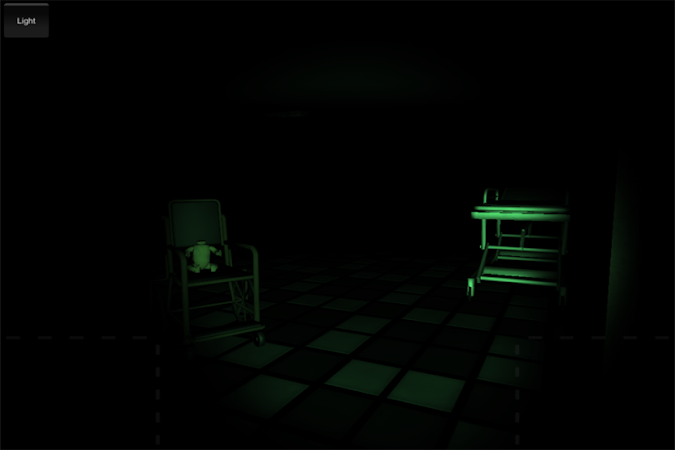
I was scared and confused. I didn't realize where they were taking me—my symptoms were that bad. I had no concept of what a psych ward was and no clue that extended stays were possible. They told me I'd probably spend a long weekend there. It turned out to be three weeks.
The length of stay depends on your needs and can range from a few days to a few weeks and more. The amount of time you spend in an inpatient facility depends on your doctor's recommendation.
My stay was rough because of the illness, but good for me.
I don’t have regrets about the choices I made, or my willingness to go there, to begin with. It was the best place for me to be at that time, with the best help possible. Someone had to figure out what was wrong with me, as I clearly couldn’t. Bipolar disorder sort of snuck up on me at the height of my teenage years and hijacked my mind.
Bipolar Disorder: Finally A Diagnosis
The diagnosis took a while. In fact, I wasn't diagnosed with bipolar disorder until I was released from the psychiatric hospital after my three-week stay.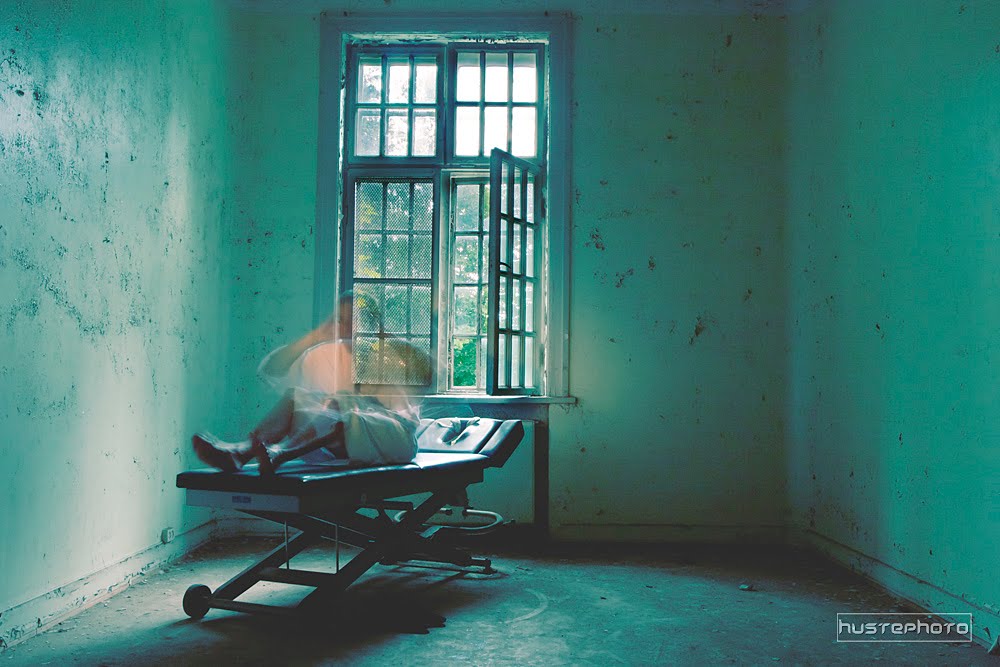 The diagnosis came during consultations while I was being treated in an outpatient program.
The diagnosis came during consultations while I was being treated in an outpatient program.
The first time I heard the term “bipolar disorder” was the previous year, but I knew it was manifesting in me after speaking to my psychiatrist at the hospital when my symptoms emerged.
Finally being diagnosed was a relief. I think I knew all along that something wasn't right. I could sense I was sick before receiving the official diagnosis but I hadn't been educated yet about mental illness. It felt good to know there was a reason my brain was malfunctioning and it wasn't my fault.
What I Wish I Knew Before I Admitted Myself
I've had two inpatient psychiatric hospitalizations in my life—the first when I was 16 and in the juvenile ward. The second, when I was 24 and admitted to the adult ward. I've gleaned some wisdom that may be helpful if you are readying yourself to enter a behavioral unit:
Bring your best advocate with you. It may be your spouse, parent, close friend, or relative—someone who knows you and is familiar with your situation.

Breathe. Recognize that the staff wants to help you, not hurt you.
Be patient. It's a process—there are steps to go through and paperwork to be completed
Once inside, advocate for yourself. The doctor will see you. Be honest with him.
Your picture will be taken, and no, they are not stealing your soul.
You will be in a secured unit, locked in. At times they let you out of the unit for visits or short excursions.
Do your best to cooperate with staff and your fellow patients. It may be a while before you are discharged, so bear in mind you are there to get better. Plus, you'll earn extra "points" for being polite and pleasant.
Read your patient rights and understand them.
Your personal belongings will be inventoried, so they will take out shoestrings, belts, hoodies, nail clippers, razors, and anything else deemed potentially dangerous.
Don't mind the eccentric behaviors of the other patients, they're fighting a similar battle.

Accept that the insides of the building may not be the most aesthetically pleasing. (That said, don't concentrate on abstract paintings if they have them. Abstract art is a bad idea for psychotic symptoms).
If you are in a state of psychosis, the TV may sound as if it's calling your name. It's not, but if the AV stimulation is too much, try to leave the room or focus on a different activity.
Be mindful of the opposite sex (or the same sex if you're so inclined). Establish personal boundaries and adhere to them; the psych ward is not a place to start a romance.
Listen to the staff and don't give them a hard time.
Be friendly and polite. Remember, there are human beings here with feelings.
Seek out a friend and get to know some people.
Read.
Give yourself time and space. You are on a journey to getting better and that takes time and space.
Take a photograph in your mind's eye.
 Journal about it. Capture the chaotic and colorful journey. Write about it. Express yourself. Get to know who you are at this time.
Journal about it. Capture the chaotic and colorful journey. Write about it. Express yourself. Get to know who you are at this time.Be kind, regardless. Don't expect people to respect you because a.) everyone's imperfect and b.) they can't respect others if they don't respect themselves.
Challenge your mind and do a puzzle, but don't read into it—it's just a brain exercise.
Take advantage of physical activity when there's recreation time. Your body needs a physical outlet to help process the stress your mind is going through.
The admission and experience of staying in the psych ward was quite an adventure. I offer these pointers because knowing what I know now back then would have helped me get through the experience with less angst. While it was at times an unfamiliar and uncomfortable place to be, it was also the best place for me and worth it for my mental health.
Notes: This article was originally published July 15, 2021 and most recently updated July 26, 2021.
Katie Dale
Katie Dale is a 30-year old writer and blogger living with bipolar disorder. After having her first bipolar episode at 16, the experience of entering the juvenile unit of a psychiatric hospital in a wheelchair wrapped head-to-toe in a thin blanket is seared into her memory. Katie has recounted her story in a soon-to-be-released memoir. For more information on the book and other tips on dealing with bipolar disorder in yourself or loved ones, visit Katie's blog, BipolarBrave.com.
Treatment in a psychiatric hospital | SKKSPB №1
Hospitalization in a psychiatric hospital, contrary to popular stereotypes, is not always due to the fact that someone sees hallucinations or runs after people, brandishing an axe.
Placement in a psychiatric hospital indicates that the patient's mental state has deteriorated and it is impossible to help him at home. At the same time, a person can adequately perceive reality and give an account of his actions. Some forms of depression, for example, require hospital care. Sometimes a patient is admitted to the hospital to clarify his diagnosis or prescribe a more effective treatment. In any case, you should not be afraid of hospitalization. A stay in a psychiatric hospital is not much different from treatment in any other hospital.
Some forms of depression, for example, require hospital care. Sometimes a patient is admitted to the hospital to clarify his diagnosis or prescribe a more effective treatment. In any case, you should not be afraid of hospitalization. A stay in a psychiatric hospital is not much different from treatment in any other hospital.
Who makes the decision on admission to a psychiatric hospital?
It happens in different ways. For convenience, it is worth separating voluntary and involuntary hospitalization (a lot of social prejudices and fears are associated with it). First of all, consider situations where a person ends up in the hospital against their will. Indications for involuntary hospitalization are stipulated by the Russian law “On Psychiatric Care and Guarantees of the Rights of Citizens in its Provision”. The patient may be admitted to the hospital without his consent in the following cases:
- When, due to his mental condition, he can harm (himself or another person) or tries to take his own life.
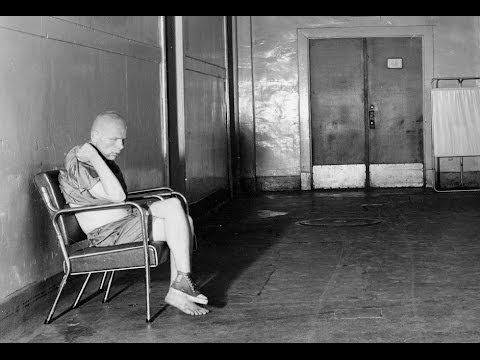
- When he is helpless in front of daily household tasks (cook his own food, go to the grocery store, follow the basic rules of personal hygiene).
- When not providing mental health care will lead to even more serious health problems.
- When the decision on hospitalization is made by the court, this is the topic of a separate long conversation
Is it possible to go to a psychiatric hospital voluntarily?
Yes, if a person feels the need for inpatient care, he or she has the right to go to the hospital and ask to be hospitalized or tell the attending psychiatrist about his desire. The psychiatrist also, if he sees the need for this, suggests that his patient go to the hospital for a while, explains why this is necessary and how long the hospitalization will approximately last. But the decision on hospitalization still remains with the patient.
It is important to remember that the mere fact of being admitted to a psychiatric hospital does not mean negative social consequences or restrictions on rights for the patient. Some patients refuse to apply for a sick leave during their hospitalization, as they are afraid that they will find out at work in which hospital they were treated. These fears are also unfounded. The sick leave does not indicate the diagnosis, and besides, psychiatric hospitals and narcological clinics have separate stamps for disability certificates (the profile of the institution is not indicated on the stamp).
Some patients refuse to apply for a sick leave during their hospitalization, as they are afraid that they will find out at work in which hospital they were treated. These fears are also unfounded. The sick leave does not indicate the diagnosis, and besides, psychiatric hospitals and narcological clinics have separate stamps for disability certificates (the profile of the institution is not indicated on the stamp).
To sum up : it is not the fact of hospitalization that matters, but the state of your mental health. If it requires inpatient treatment, then you need to discard fears and follow the doctor's recommendations.
According to the WHO, taking care of your mental health reduces your risk of developing suicidal tendencies and premature death from suicide, and improves your overall quality of life. Timely detection of mental illness in the early stages of its development makes it possible to stop or significantly slow down its progressive course. If you notice signs of disorder in yourself or your family, we urge you to seek help from a psychologist or psychiatrist in a timely manner.
Read our other articles
Follow and follow us on social networks
The illustration for this publication is taken from the public image library https://www.freepik.com/ and from open sources.
You can read more about using illustrations from the Freepik library here
How to get a consultation and not end up in a psychiatric hospital
What is true in them and what is fiction? And where do you turn in case of problems? Georgy Kostyuk, chief psychiatrist of Moscow and chief physician of Nikolai Alekseev Psychiatric Hospital No. 1, answers the questions of RG readers.
Mental device
1 The tradition of going to a psychologist in case of mental turmoil is only in its infancy. It is more customary to cry in a vest to a friend. But sometimes you can't tell her everything. Choose a psychologist from the Internet? You can easily get on someone who, apart from extracting money from the patient, is not interested in anything . ..
..
- Good psychologists work in the district neuropsychiatric dispensaries of the capital. There are 22 of them in the city. If the doctor sees the need, he can refer you for a consultation with a psychotherapist and only then, if necessary, with a psychiatrist.
In remote areas - Butovo, Chertanovo, on Borisovsky Ponds, as well as in Rastorguevsky Lane, there are psychiatric units right in the clinics. There is no need to fear that you will be hospitalized immediately. A person can be admitted to a hospital only with his consent. This is spelled out in the law on psychiatric care and the rights of citizens in its provision, adopted in Russia back in 1992. If there is no consent, then hospitalization takes place strictly in the presence of the prosecutor, the judge and the patient's lawyer.
2 Someone might not mind getting treated, but imagine yourself surrounded by alcoholics and drug addicts...
- There are none in our psychiatric clinics. Those suffering from addiction to alcohol and drugs have been treated only in the Moscow Scientific and Practical Narcological Center since April last year.
Those suffering from addiction to alcohol and drugs have been treated only in the Moscow Scientific and Practical Narcological Center since April last year.
3 Having an experienced psychiatrist as a neighbor in the ward is also a good prospect...
episode". The initial period is extremely important in order to prevent the disease from becoming chronic.
Doctors there are engaged not only in drug treatment, but also in the psycho-education of young people, as well as their loved ones, from whom special patience and understanding are required at this time.
4 Can mental illness be cured?
- What about gastric ulcer, bronchial asthma? Everything is like with other diseases: there are severe cases that quickly lead to disability. And there are cases when, with qualified supervision and proper medical support, a person can live happily ever after, not remembering his illness.
Unfortunately, as shown by the analysis of 937 city dwellers who were diagnosed with schizophrenia for the first time in 2016, our patients are late in going to the doctor. All over the world it is a disease of the young - between the ages of 18 and 25. In Moscow, the average age was 38 years. But not because our schizophrenia proceeds somehow in a special way. It turned out that most of these people had been sick for 20 years already. 20 percent of them even managed to get a disability, and another 48 percent continued to live with their parents, did not study, did not work, did not start a family ...
All over the world it is a disease of the young - between the ages of 18 and 25. In Moscow, the average age was 38 years. But not because our schizophrenia proceeds somehow in a special way. It turned out that most of these people had been sick for 20 years already. 20 percent of them even managed to get a disability, and another 48 percent continued to live with their parents, did not study, did not work, did not start a family ...
The worst thing in such a situation is that almost 70 percent of patients medicine is actually powerless to help, it can only stop acute conditions. For those who come to us immediately, as soon as the disease makes itself felt, with the drugs of the new generation, it is now possible to achieve an almost complete recovery, complete social and psychological recovery.
Stomach pain?
Time to see a psychiatrist
5 How not to miss the first signs of a mental disorder?
- According to WHO, a quarter of the population in Europe suffers from mental disorders during the year. They are expressed differently. Pain in the heart, or maybe a headache, discomfort in the stomach, skin itching ... Both in the West and in our country, a person with this first thing goes to a therapist. But there the doctor is obliged to identify their cause and know when it is better to refer the patient to a psychotherapist, and when to prescribe medication for him himself. In our country, psychiatry stands apart from the rest of medicine, and the general practitioner often redirects the patient from one specialist to another, which makes it difficult to make a diagnosis. The fact is that under our law on the provision of mental health care, doctors of other specialties are prohibited from treating people with mental disorders. We are trying to change the law. In the meantime, on the basis of the hospital, having received a license from an educational organization, they began retraining city general practitioners. By the end of the year, a thousand doctors will pass it. I hope this will help them better understand the problems of patients.
They are expressed differently. Pain in the heart, or maybe a headache, discomfort in the stomach, skin itching ... Both in the West and in our country, a person with this first thing goes to a therapist. But there the doctor is obliged to identify their cause and know when it is better to refer the patient to a psychotherapist, and when to prescribe medication for him himself. In our country, psychiatry stands apart from the rest of medicine, and the general practitioner often redirects the patient from one specialist to another, which makes it difficult to make a diagnosis. The fact is that under our law on the provision of mental health care, doctors of other specialties are prohibited from treating people with mental disorders. We are trying to change the law. In the meantime, on the basis of the hospital, having received a license from an educational organization, they began retraining city general practitioners. By the end of the year, a thousand doctors will pass it. I hope this will help them better understand the problems of patients.
6 New forms of educating citizens have recently emerged in the capital. What prompted specialists to switch to them from working face-to-face with a patient?
- A lot of questions that concern Muscovites have come to light. So there was a lecture hall on panic attacks. The Clinic for Eating Disorders also hit the mark. Muscovites in pursuit of a beautiful figure sometimes bring themselves to anorexia and a real threat to life, where it is already difficult to do without a specialist.
Or take memory clinics - there are already four of them. Muscovites now live an average of about 78 years, and the task is to reach the bar of 80+ years. And I would like that by this age their life would not be in a state of dementia, but normal, of high quality, which they themselves will be able to manage meaningfully until very old age. We must help them with this.
7 Is it true that people with mental disorders live 20 years less?
- Yes, but not because of illness.
